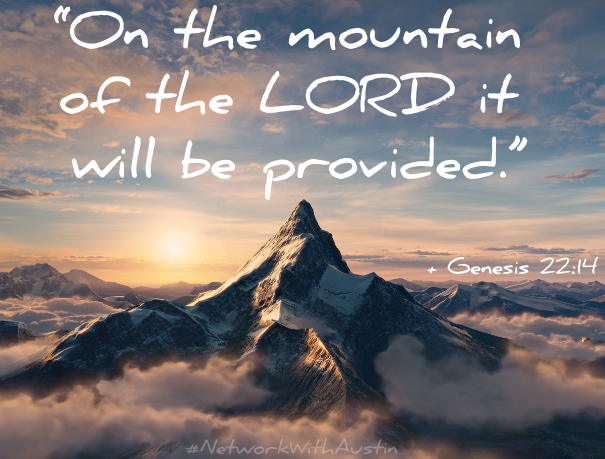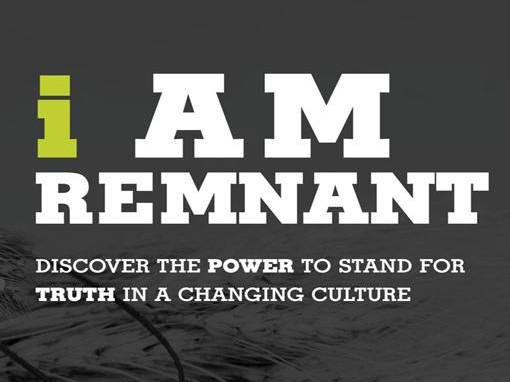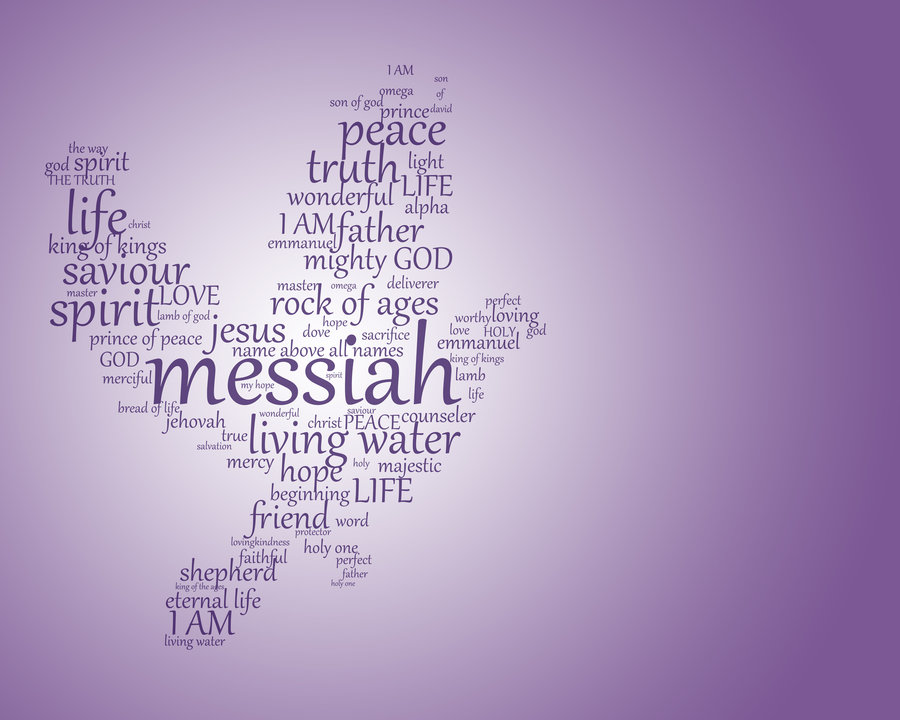Have you faced any injustice in your life? Probably. Most have of some form or another. But, what about a grave injustice; something so unfair you were brought to the brink of despair? Many of the Psalms are prayers cried out to the Lord in the face of such grave injustice. Psalm 17 is one.
Though we hear the prayer of David, who faced many great trials in life, the real voice of the Psalm is Jesus. Who of us would dare pray the words of verse three? Only Christ can truly pray those words. As we read them today, we can connect our hearts to Jesus’ words. While we can’t say that if God tests us He will find nothing but pure righteousness, what we can say is, “Search me O God, and know my heart” (Ps 139). Our hearts can be pure before the Lord – David’s was.
The prayer of Psalm 17 is the prayer of Jesus in the closing days of his life before the cross. His enemies had surrounded Him (v9). Their hearts were closed to all pity (v 10). Yet, Jesus knew the Lord would deal justly with His enemies. However, He also knew it would require His complete sacrifice on the cross. The same completeness is required of all who follow Christ.
The Psalm ends with the assurance Jesus felt, that when he would give up His spirit on the cross and lie down in death, He knew He would see God when he awoke (v 15). To Jesus, the resurrection was always in view. He always knew His Father would answer His cries for help (v 6), and so can we.
What injustice are you facing? Have you cried out to the Lord? I hope so. I hope you’ve cried out in confidence, knowing He will rescue you. I hope you always have resurrection in view. As Martin Luther wrote in his great hymn, A Mighty Fortress, “The body they may kill, God’s truth abideth still.” The truth of God is that resurrection is always in view for those who place their hope in Christ, who dwell with Him in faith.
Shalom,
Pastor Brad
image credit: http://www.episcopalcafe.com/abc-justin-welby-resurrection-of-jesus-changes-our-view-of-the-universe/










